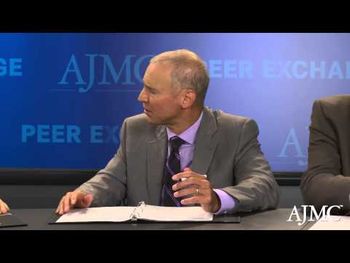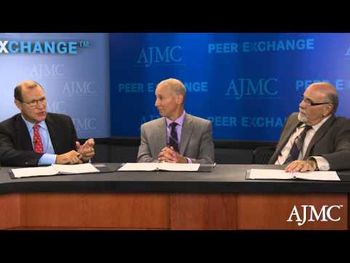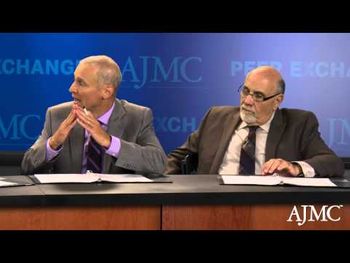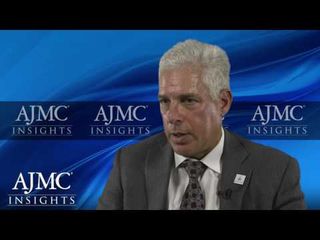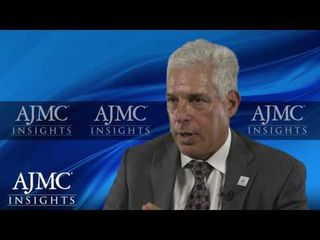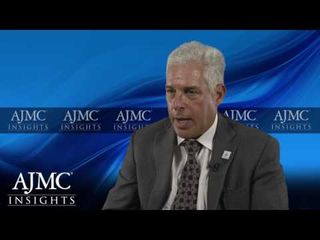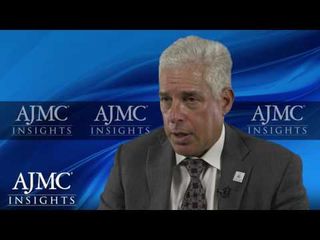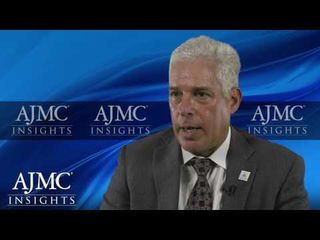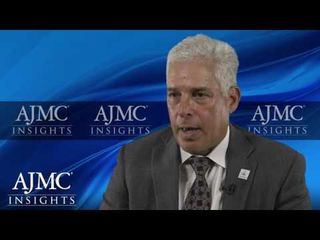
Clinical Pathways
Latest News
Latest Videos

CME Content
More News

Panel members provide their own perspective on what clinical pathways encompass.

The American Journal of Managed Care convened an expert panel to discuss the development and utility of clinical pathways in oncology care.

While clinical pathways can help standardize care, considering the multitude of options available for oncology care providers, there is significant push-back from providers as well.

Evidence-Based Oncology invited a panel of experts who are experienced in the creation of oncology care pathways, use them in their practice, and have researched the development and implementation of care pathways, to exchange ideas on the topic.

Despite the fundamental advances in cancer care technology and care delivery that have made these improvements possible, our delivery system remains quite inefficient and frequently falls short of being truly patient-centered. Is a system-based solution the answer?

An overview of the oncology clinical pathways development program at the UPMC CancerCenter and how it led to the creation of Via Oncology, a clinical pathways vendor.

Cancer pathways can potentially improve patient outcomes and reduce costs. Recent concerns about pathway adoption deserve attention, including excessive administrative burden to clinics.

We offer recommendations for the development and design of clinical pathways in an effort to establish a set of normative criteria that creates trust and transparency.

Members of the American Society of Clinical Oncology (ASCO) have articulated concerns regarding the current proliferation of clinical pathways in oncology that could affect patient access and care quality. In response, ASCO established an ad hoc Task Force, which issued a policy statement to guide the future development and implementation of these treatment management tools.

The National Pharmaceutical Council has released a set of guiding principles on specific elements that should be included in value assessment frameworks.

Care pathways influence quality of care and outcomes. Despite positive trends in development and implementation, further efforts in process transparency and evaluation are required.

ASCO's Task Force on Clinical Pathways demands greater transparency with pathway development, increased flexibility, and evidence of improved outcomes subsequent to pathway implementation.

Solutions proposed by patient advocates and physicians to control costs provide approaches to valuing new drug/treatments compared with 1 or several prevailing standards of care. Increasingly, however, the debate over cost is transitioning to a debate over value.

A decision-making framework that can be used to harmonize the evidence payer's desire for coverage and formulary decisions with the evidence generated by researchers.

Aetna and the University of Chicago Medicine kicked off a value-based oncology medical home model in July this year in an effort to transition from fee-for-service to value-based care.

The National Comprehensive Cancer Network has announced the development of another "price" calculator that will help stakeholders assess the relative "value" of available options.

In oncology, the shift from a "companion diagnostic" to a "companion therapeutic" paradigm is in high gear. While the noise and confusion is leading many payers to avoid coverage, they can benefit by proactively taking steps to integrate precision oncology to better manage quality, access, and cost of cancer care.

Clinical pathways (CPs) are increasingly being utilized to improve quality of care and control healthcare costs in the United States. A new report from Avalere Health examines the development of CPs, use of evidence to inform their design, implementation processes, and their impact on quality of care, costs, and outcomes.

The realm of cancer care remains a holdout in the movement toward value-based payment models, with implications for cost and health outcomes, according to authors of a new article in The American Journal of Managed Care. Authors from the Center for Health Policy at the Brookings Institution assert that new payment models can be adopted by all payer and provider types, with benefits over the traditional fee-for-service model.

Pathways, particularly in oncology, have been gaining a lot more attention lately as payers are looking to bundle payments, Robert W. Dubois, MD, PhD, chief science officer and executive vice president of the National Pharmaceutical Council, explained at the Academy of Managed Care Pharmacy's 27th Annual Meeting & Expo in San Diego, April 7-10.

As specialty drug costs, formulary wars, and reimbursement models grab headlines everyday, we need to take a step back and visualize how all of this might impact innovation and whether the patient stands to lose in the process.

Stick to pathways or use them as guidance? A physician explores.
